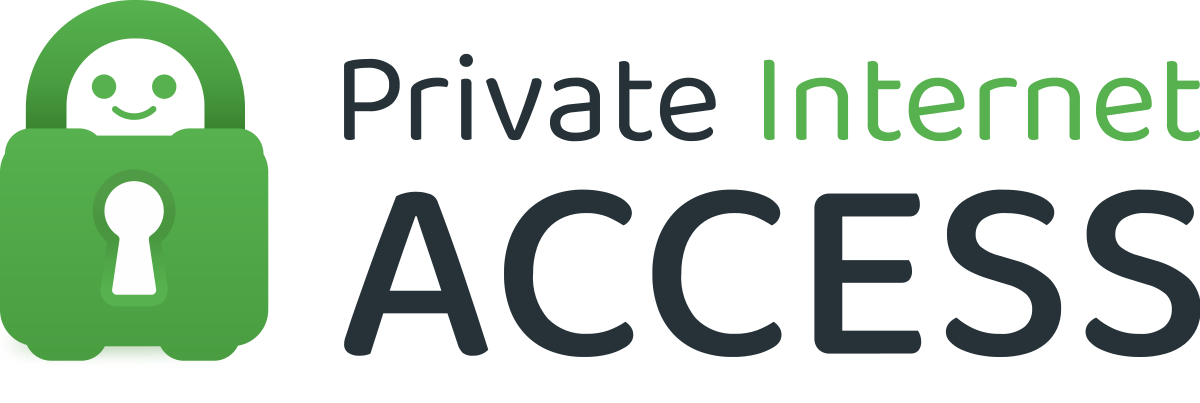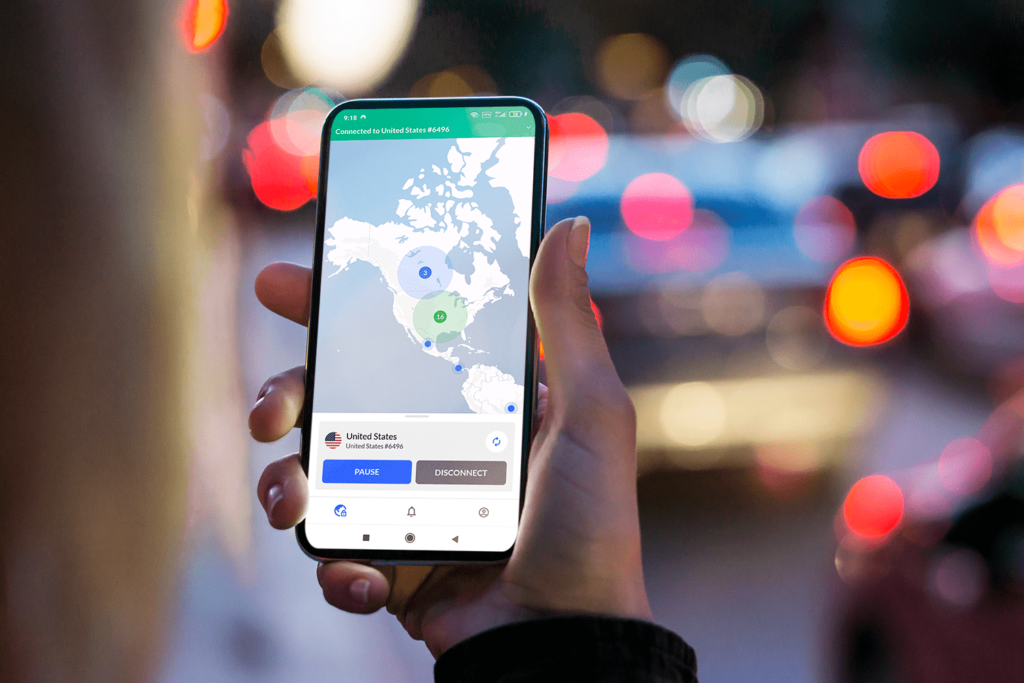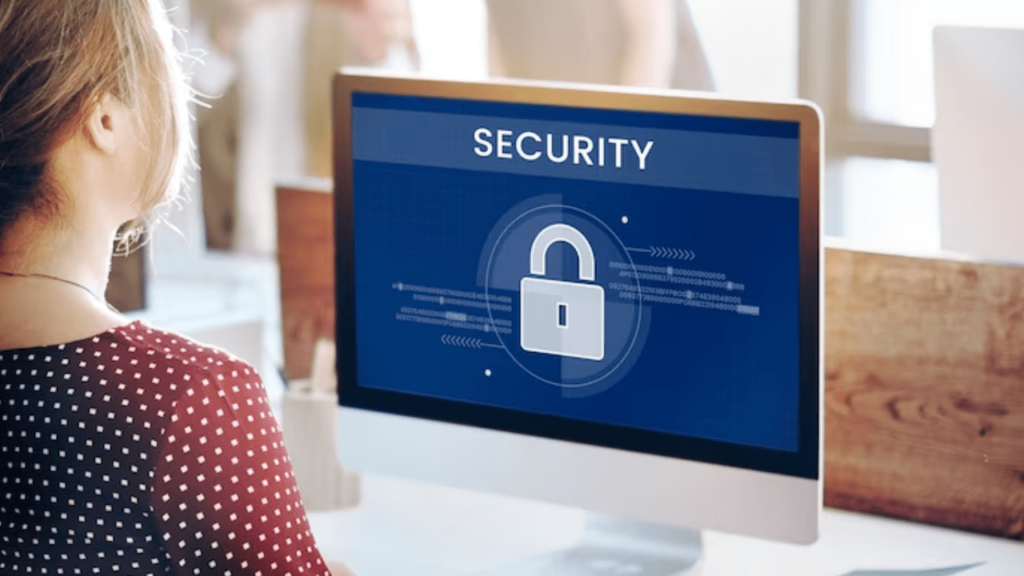In the current digital era, finding online safety is crucial. The tools we use to safeguard our privacy while navigating the enormous ocean of the internet may make or break our online experience. The debate between using a VPN (Virtual Private Network) and a proxy server is a hot topic among cybersecurity experts and casual internet users alike.
Both tools have their merits, but when it comes to safety, it’s essential to dive deep into what each offers and determine which is the superior guardian of our digital lives.
What is a VPN?
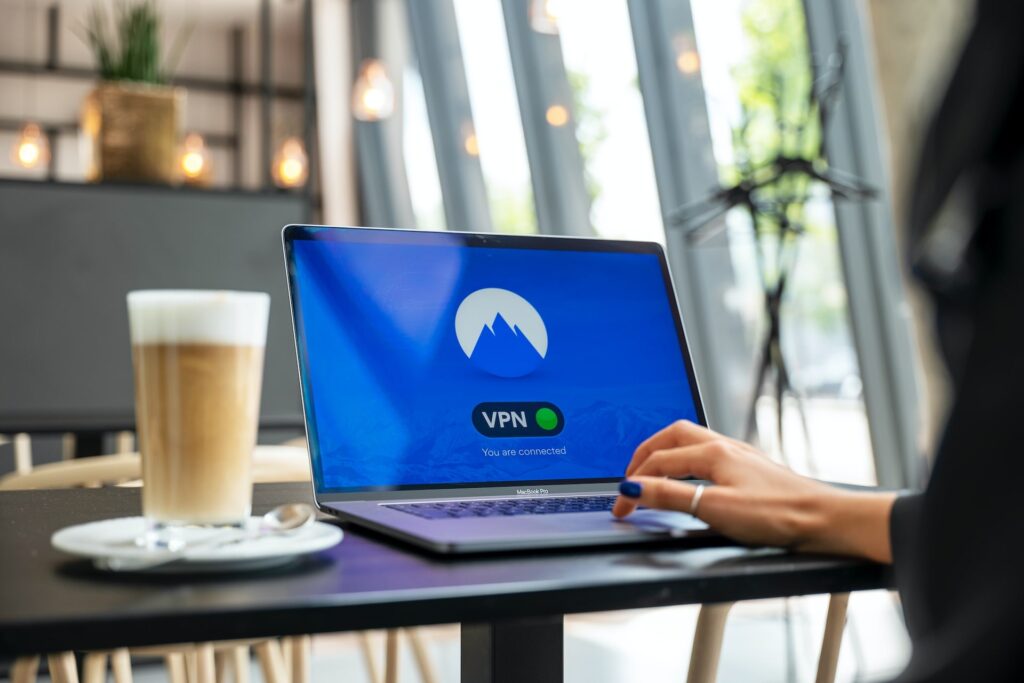
A VPN is a service that creates a secure, encrypted tunnel between your device and the internet. This encryption shields your data from prying eyes, making it extremely difficult for hackers or even your Internet Service Provider (ISP) to monitor your online activities.
Related: Best and Secured VPN Services
How VPN Works
When you connect to a VPN, your internet traffic is routed through a VPN server, masking your IP address and encrypting all the data sent and received. This process not only secures your data from external threats but also helps maintain anonymity.
Benefits of Using a VPN
The benefits of a VPN are numerous. They include enhanced security, improved privacy, and the ability to bypass geo-restrictions. This makes VPNs ideal for sensitive activities like online banking or confidential business transactions.
You May Like: Best VPNs for PCs
What is a Proxy?

A proxy server acts as an intermediary between your device and the internet. It reroutes your traffic, hiding your IP address, which can provide a degree of anonymity and help bypass content filters or geo-restrictions.
How Proxy Works
A proxy intercepts your requests and forwards them to the web on your behalf. This means that the websites you visit will see the IP address of the proxy server, not your own.
Benefits of Using a Proxy
Proxies are excellent for bypassing content restrictions and hiding your IP address from websites, but they do not encrypt your traffic like VPNs do, which means they offer less security.
Comparing VPN and Proxy
When it comes to safety, it’s crucial to compare the security features, privacy levels, speed, performance, and content accessibility that VPNs and proxies provide.
Security Features of VPN vs. Proxy
A VPN offers robust encryption, which is absent in most proxies. This encryption is crucial for protecting data against hackers, especially when using public Wi-Fi networks.
Privacy and Anonymity
While both VPNs and proxies can provide anonymity, VPNs have a stricter no-logs policy, which means they do not store records of your internet activities.
Speed and Performance
VPNs may slow down your connection speed due to encryption, while proxies can offer faster access to web content. However, the speed reduction with VPNs is often negligible and a worthy trade-off for the added security.
Related: Best VPN Services for Multiple Devices
Accessibility and Content Unblocking
Both VPNs and proxies can unblock geo-restricted content, but VPNs are usually more reliable for continuous access because they are harder for services to detect and block.
Which is Safer: VPN or Proxy?
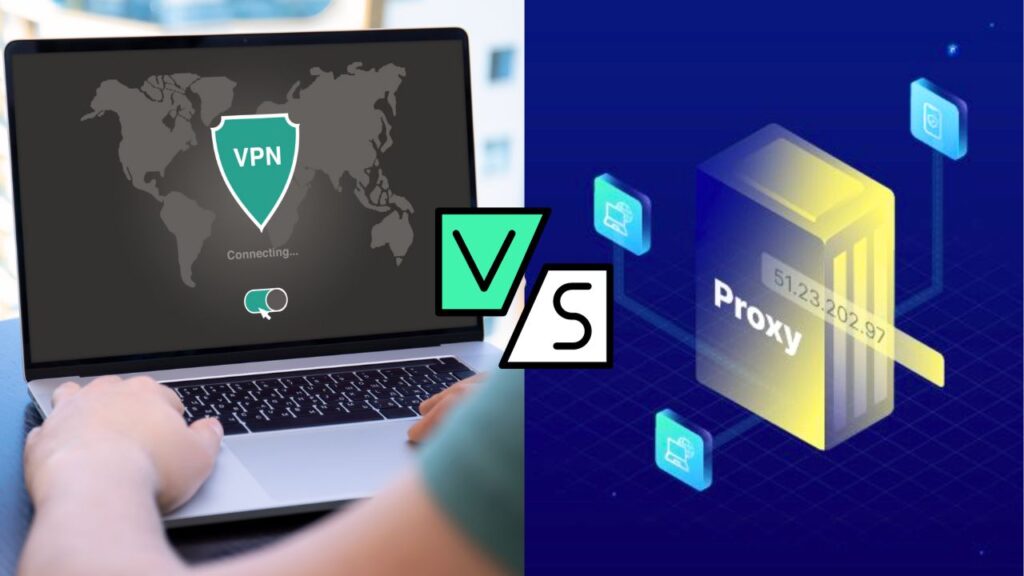
When it comes to safety, the consensus leans heavily towards VPNs. VPNs provide a higher level of security by encrypting all internet traffic, ensuring that data remains private and protected from potential threats. Additionally, VPNs offer features such as kill switches and DNS leak protection, further enhancing user safety online.
Encryption and Protocols
VPNs use protocols like OpenVPN and WireGuard to create secure connections, while most proxies lack such features.
Logging Policies
Many VPN providers adhere to strict no-logging policies, which is not always the case with proxy services.
The Verdict on Safety
Considering the encryption, security protocols, and logging policies, VPNs are generally deemed safer than proxies.
Use Cases for VPN and Proxy
VPNs are commonly used by individuals and businesses alike for secure browsing, accessing geo-restricted content, and protecting sensitive data. On the other hand, proxies are often utilized for bypassing internet censorship, improving network performance, and anonymizing online activities.
When to Use a VPN
A VPN should be your go-to for any online activity that requires a high level of security and privacy. This includes activities such as online banking, accessing confidential work documents remotely, or transmitting sensitive personal information. Additionally, VPNs are recommended when connecting to public Wi-Fi networks to protect against potential cyber threats and data breaches.
When to Use a Proxy
Proxies are suitable for low-risk tasks like bypassing geo-blocks to stream content from other countries. They can also be used to hide your IP address and maintain anonymity while browsing the internet.
Anyhow, it’s important to note that proxies may not provide the same level of security and encryption as VPNs, so they may not be the best option for activities that involve transmitting sensitive information or accessing confidential data.
Potential Risks and Considerations
Potential Risks and Considerations when using a VPN or proxy include the possibility of decreased internet speed due to encryption and the rerouting of traffic. Additionally, it is important to choose a reputable VPN or proxy provider to ensure the security and privacy of your data.
Possible Risks with VPNs
While VPNs are secure, choosing a reliable provider is crucial, as some may have questionable logging practices or security vulnerabilities.
You May Like: What Jobs AI will Replace in the Future
Possible Risks with Proxies
Proxies may expose you to security risks if they store logs or if the connection is not encrypted, making your data accessible to third parties.
Expert Opinions and Case Studies
Industry experts consistently favor VPNs over proxies for safety. Case studies often highlight the downfall of proxies in scenarios where sensitive data is compromised. These experts argue that VPNs provide a higher level of security and privacy due to their robust encryption protocols and no-logs policies.
Moreover, case studies have shown instances where proxies have been exploited by hackers, leading to severe consequences such as data breaches and identity theft. Therefore, it is advisable to prioritize VPNs over proxies when it comes to safeguarding your online activities and sensitive information.
The Future of Internet Safety Tools
The future of internet safety tools is likely to see advancements in VPN technology, with more sophisticated encryption methods and improved user interfaces. Further, there may be increased integration of artificial intelligence and machine learning algorithms to enhance threat detection and prevention capabilities.
As cyber threats continue to evolve, it is crucial for internet users to stay informed about the latest safety tools and adopt the most effective measures to protect their online security.
By staying proactive and educating themselves with cybersecurity news, individuals can better safeguard their personal information and privacy in an increasingly digital world. Additionally, collaborating with cybersecurity experts and utilizing reputable resources can help users stay ahead of emerging threats and vulnerabilities.
Emerging Technologies

As technology evolves, so do the tools we use for internet safety. Innovations in encryption and privacy are on the horizon for VPNs and proxies alike. These advancements aim to provide users with stronger protection against cyber threats, making it harder for hackers to intercept sensitive information.
What is more, the integration of artificial intelligence and machine learning algorithms in these safety tools allows for real-time threat detection and prevention, further enhancing online security.
You May Like: What is Natural Language Processing (NLP)
Predictions for VPN and Proxy Use
Experts predict that VPNs will continue to be the preferred choice for safety-conscious users, while proxies may become more specialized. This is because VPNs offer a more comprehensive and secure solution by encrypting all internet traffic, while proxies may only route specific types of traffic.
Furthermore, with the increasing sophistication of cyber attacks, users are likely to prioritize VPNs that provide advanced features such as split tunneling and multi-factor authentication for added protection.
Conclusion
In the showdown between VPNs and proxies, VPNs emerge as the champions of safety. They provide the encryption and privacy measures necessary for secure, anonymous internet use, outperforming proxies on multiple fronts.
FAQs
What is safer for online banking: VPN or proxy?
A VPN is safer for online banking due to its encryption capabilities.
Can a VPN or proxy protect me from viruses?
Neither tool can protect you from viruses directly, but a VPN can secure your connection, making it less likely for malware to compromise your data.
Should I always use a VPN or proxy?
A VPN is recommended for most online activities, while a proxy can be used for specific tasks like casual browsing.
Is it legal to use a VPN or proxy?
In most countries, it is legal to use a VPN or proxy, but it’s important to use them responsibly.
How do I choose between a VPN and a proxy?
If safety is your priority, choose a VPN. For less sensitive tasks, a proxy may suffice.





